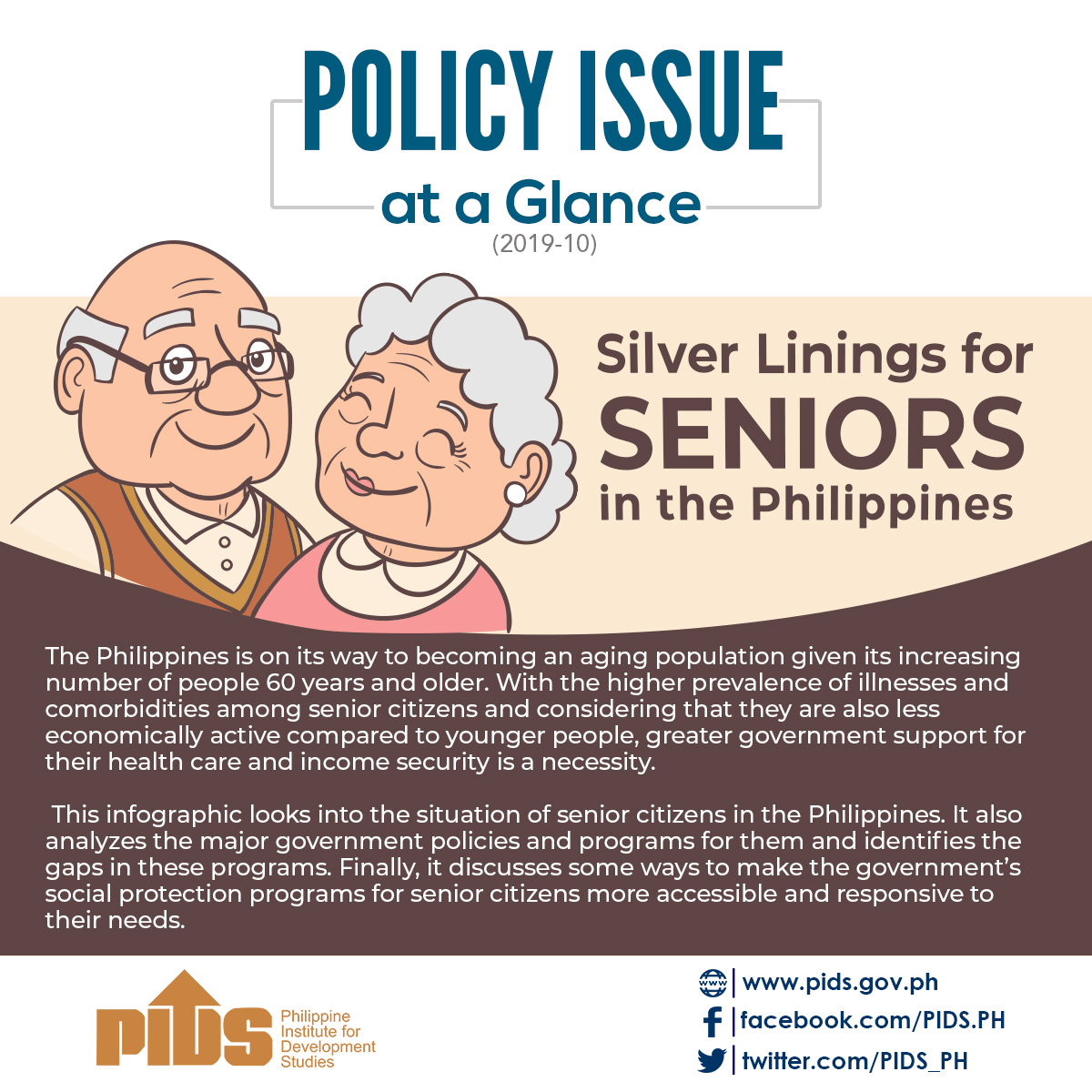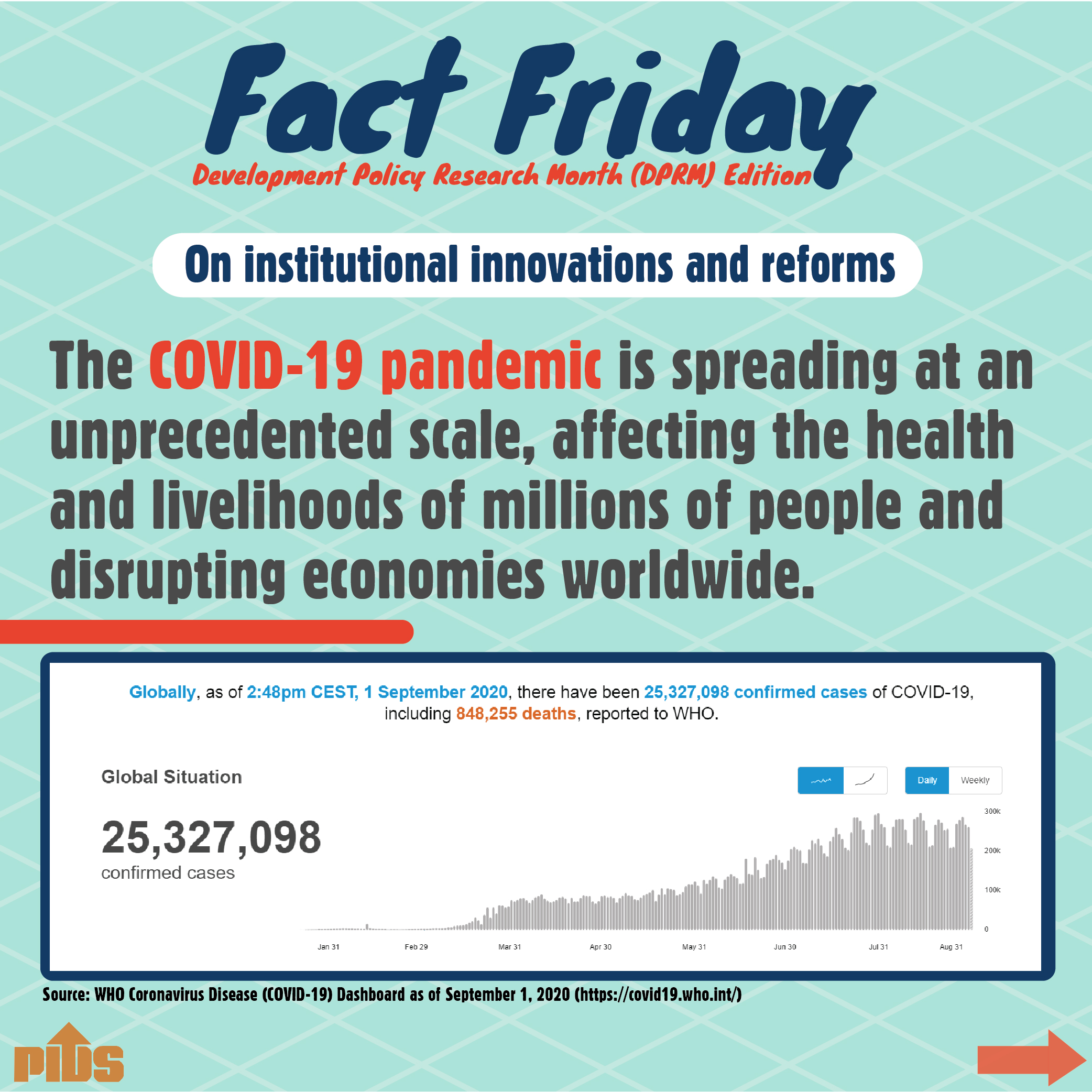Experts from the Philippine Institute for Development Studies (PIDS) have urged the government to implement reforms needed if the Philippines wants to benefit from the single market and production base envisioned by the Association of Southeast Asian Nations (Asean) in 2015. They have outlined policy recommendations to clear bottlenecks in investments as well as infrastructure and logistics in a seminar-workshop held recently as part of activities marking the 11th Development Policy Research Month. Aside from the much-needed improvement and modernization of the country’s ports, conflict-of-interest situations in regulators–particularly the Philippine Ports Authority–must be removed and the cabotage law must be reviewed to make the transport and logistics sector more competitive, said PIDS Senior Research Fellow Adoracion Navarro. "There is a need for a boom in infrastructure spending, although this is still limited to the 40 percent foreign participation in public utilities,” Navarro told participants in the seminar-workshop titled "AEC 2015: Development Challenges for the Philippines” held at the Romulo Hall of the NEDA sa Makati Building. Navarro pointed to a 2011 survey by the Economic Research Institute for ASEAN and East Asia, in which 75 percent of firms indicated that "inadequate infrastructure and border barriers to movement of transport across countries in ASEAN member-states are serious barriers to ASEAN’s efforts in establishing AEC by 2015.”
More reforms needed to benefit from AEC — PIDS
Manila Bulletin
Edu Lopez












